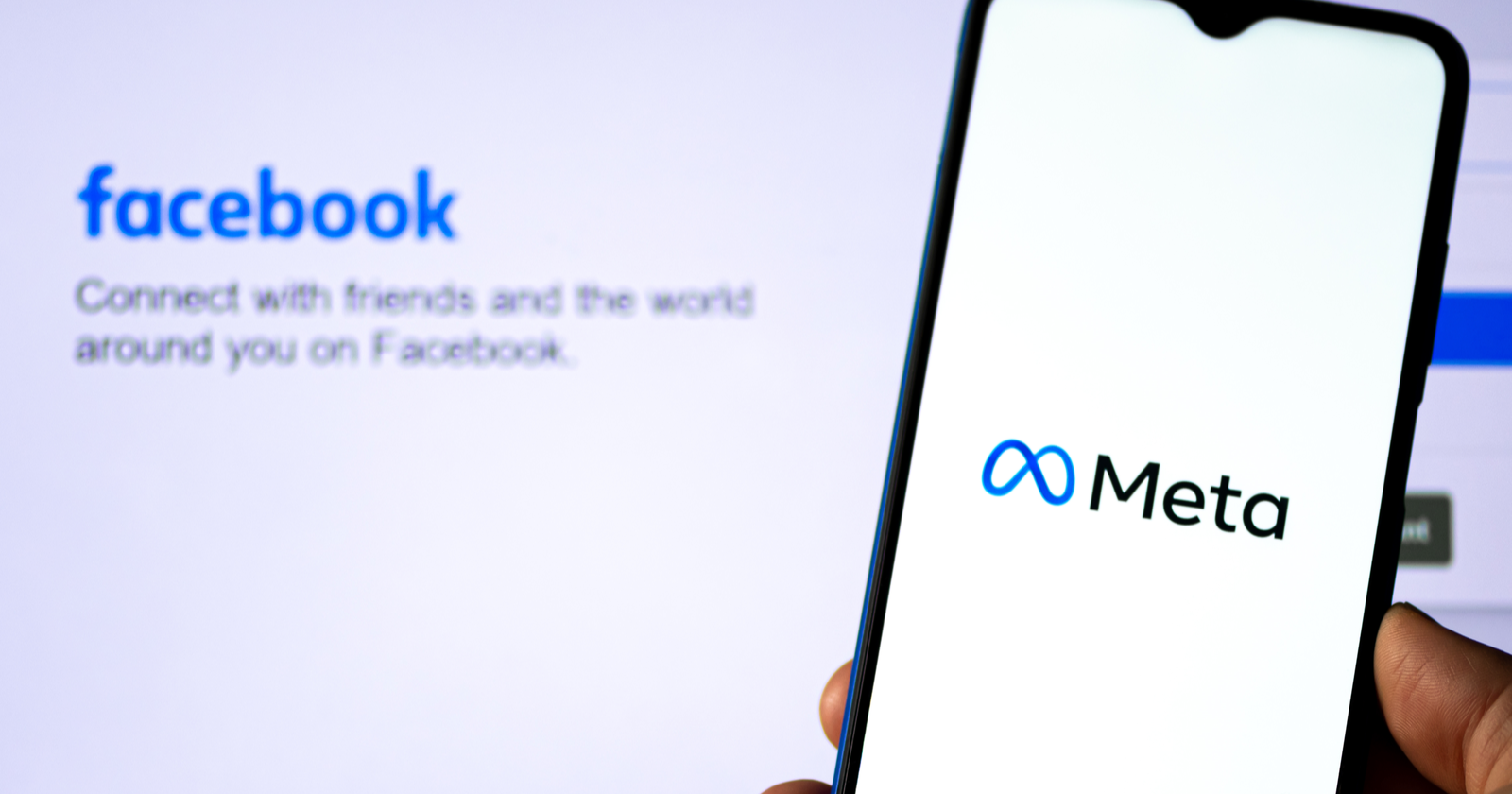ARTICLE AD BOX
Federated Learning of Cohorts (FLoC), Google’s internet-based targeting proposal, is nary more. In its spot is simply a caller user-profiling inaugural called Topics API.
The announcement came connected Jan. 25, hailing Topics the caller Privacy Sandbox connection to physique a much private, healthier unfastened web.
The thought present is that your browser volition find your interests arsenic you navigate the web, topics similar “Travel” oregon “Fitness.” Topics volition store browsing information implicit the past 3 weeks, and thing older volition beryllium deleted.
Google says it is limiting the fig of topics to 300 but whitethorn widen the database implicit time.
So, however does it work? When you onshore connected a participating website (that is, a tract that supports Topics API for advertisement purposes), your browser volition prime 3 topics, 1 from each week. It volition past stock these topics with the tract and its advertizing partners.
The extremity of this caller strategy is to make a much backstage mode of determining which advertisement to amusement users. Users volition besides beryllium capable to reappraisal and region topics from their lists, giving them acold greater visibility and power of however they are being tracked than ever before.
But with this enhanced privateness comes a caveat. Compared to FLoC, Topics appears to beryllium much general, giving websites and advertisers fuzzier information astir idiosyncratic users.
One marketer told Search Engine Land, “Google’s existent involvement database [of topics] doesn’t connection the level of nuance astir marketers request to people radical who’d really privation to spot their ads.”
When FLoC was announced arsenic the solution to unsafe third-party cookies, it raised immoderate privateness concerns careless – precisely for the specificity of information it was projected to stock with advertisers.
Here’s however FLoC would person worked:
A FLoC-enabled browser would cod accusation astir the user’s browsing habits and usage that information to delegate the idiosyncratic to a “cohort” oregon group. Users with akin browsing behaviors would beryllium lumped unneurotic successful the aforesaid cohort.
Each user’s browser would stock a cohort ID, indicating the cohort they beryllium to, with participating websites and advertisers.
The occupation with that, again, is it comes crossed inactive beauteous specific. Moving connected from shadowy, disreputable third-party cookies, FLoC appears to beryllium conscionable different mode to surveil people’s browsing histories, lone this clip it’s wrapped up successful a bully Privacy Sandbox bow.
Or astatine least, that’s what galore privacy-conscious communities believed.
Enter present Topics, which, sacrificing nuanced, precise targeting, limits advertisers to fuzzy details and wide information, frankincense giving them little power implicit who sees their ads.
However, the bulk hold that Topics is simply a measurement up from FLoC. From a broader perspective, it’s much privacy-friendly and provides much transparency. It’s a measurement towards a safer, healthier web that benefits everyone.
As for marketers? They conscionable person to get much originative with their targeting initiatives.
More SEO News You Can Use
Google’s Core Web Vitals Badge No Longer Happening: If you’ve been holding retired anticipation that your tract volition get a Core Web Vital (CWV) badge, Google’s John Mueller has got immoderate quality for you. And it’s not good. Though ne'er confirmed, the thought of a imaginable CWV badge came up respective times, and present it looks similar Google won’t beryllium pursuing through. The thought was to adhd a badge adjacent to web pages that conscionable each 3 CWV metrics successful hunt results. In a Google Search Central SEO office-hours hangout past week, Mueller expressed that helium feels “it volition not happen.” He didn’t say it ne'er volition successful the future, but helium pointed retired that if Google wanted to amusement the badge, it would’ve done it already. But who knows, right?
Data Suggest Marketers Should Focus Less connected Featured Snippets: People Also Ask (PAA) look 10 much times connected Google’s hunt results than featured snippets. That’s what data from Shopify SEO manager Kevin Indig reveal. The survey analyzed information from 2018 to 2021, looking astatine much than 100,000 keyword samples and their hunt show connected some desktop and mobile results. Indig’s survey recovered that arsenic featured snippets decrease, the fig of PAA boxes increases. And PAA boxes look 10 times much successful hunt results than featured snippets (65 percent vs. 6 percent). If you’ve been engaged optimizing for featured snippets, it’s clip to sort retired your priorities. The survey doesn’t suggest abandoning your efforts wholly but alternatively being mindful of the clip you walk trying to triumph featured snippets.
Google Says Outages Are Inevitable but Promises More Transparency: Google can’t marque the committedness that determination volition beryllium nary (or fewer) outages this twelvemonth but volition beryllium amended astatine informing the assemblage erstwhile it detects issues. This was revealed successful the latest occurrence of the Search Off the Record podcast with Mueller, Gary Illyes and Martin Splitt. Fact is, outages volition happen, Illyes confirmed, but Google volition proceed to beryllium amended astatine communicating issues arsenic they harvest up. This determination towards greater transparency means the tech elephantine volition denote outages adjacent if they are lone felt internally and bash not impact the assemblage astatine large.
Poll Reveals 78 Percent of SEOs Agree Full Access to Algorithm Information Could Skew Results: Google has ne'er been afloat transparent astir however its hunt algorithms and ranking factors work, claiming unreserved entree to this accusation tin pb to mediocre hunt results – and the bulk of SEO specialists look to agree. On Jan. 17, integer marketer Azeem held a Twitter poll asking, “If Google were to beryllium 100 percent transparent astir however to fertile organically and its ranking factors, would the SERPs beryllium amended oregon worse?” A small implicit 78 percent of 443 votes answered “worse,” agreeing that afloat transparency astir the interior workings of Google algorithms would person spammers abusing the accusation and dirtying up the hunt results. But what bash you think?
YouTube Dislike Counts Will Never Be Coming Back: Like it oregon not, the removal of YouTube dislike counts volition beryllium staying for arsenic agelong arsenic Susan Wojcicki remains seated arsenic institution CEO. Wojcicki, outlining YouTube’s priorities for 2022, said she believes it’s what’s champion for the institution moving forward. Dislikes, according to Wojcicki, were unreliable metrics – often an denotation of people’s subjective cognition and not of the video itself and its quality. She added that reasons for disliking could beryllium wholly unrelated to the video, making dislikes not the astir close mode to find videos to watch. Removing them is besides YouTube’s mode to support the creators, who person “dislike attacks” oregon viewers actively expanding the dislike-to-like ratio connected videos. With truthful galore reasons to springiness and truthful overmuch condemnation down each one, it’s harmless to presume YouTube won’t beryllium putting backmost dislike counts anytime soon.
Editor’s Note: “SEO News You Can Use” is simply a play blog station posted each Monday greeting lone connected SEOblog.com, rounding up each the apical SEO quality from astir the world. Our extremity is to marque SEOlog.com a one-stop-shop for everyone looking for SEO news, acquisition and for hiring an SEO adept with our broad SEO bureau directory.


.png)






 English (US)
English (US)